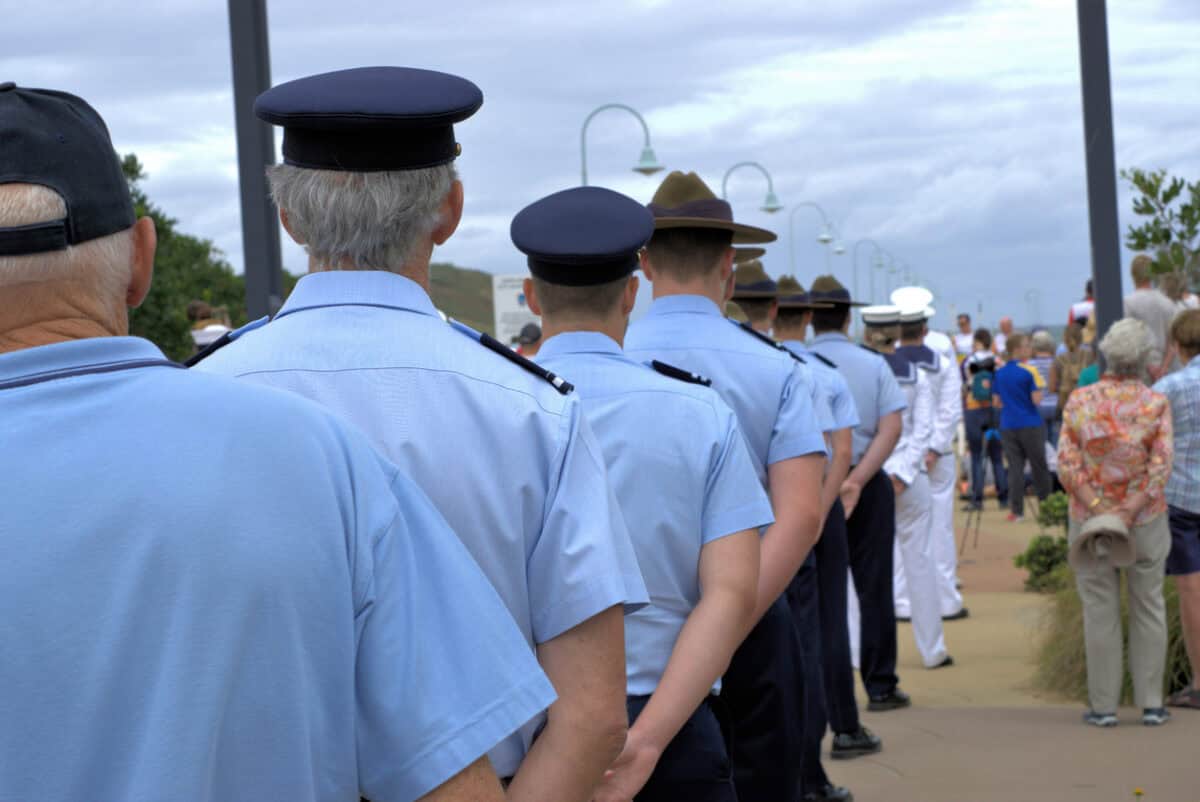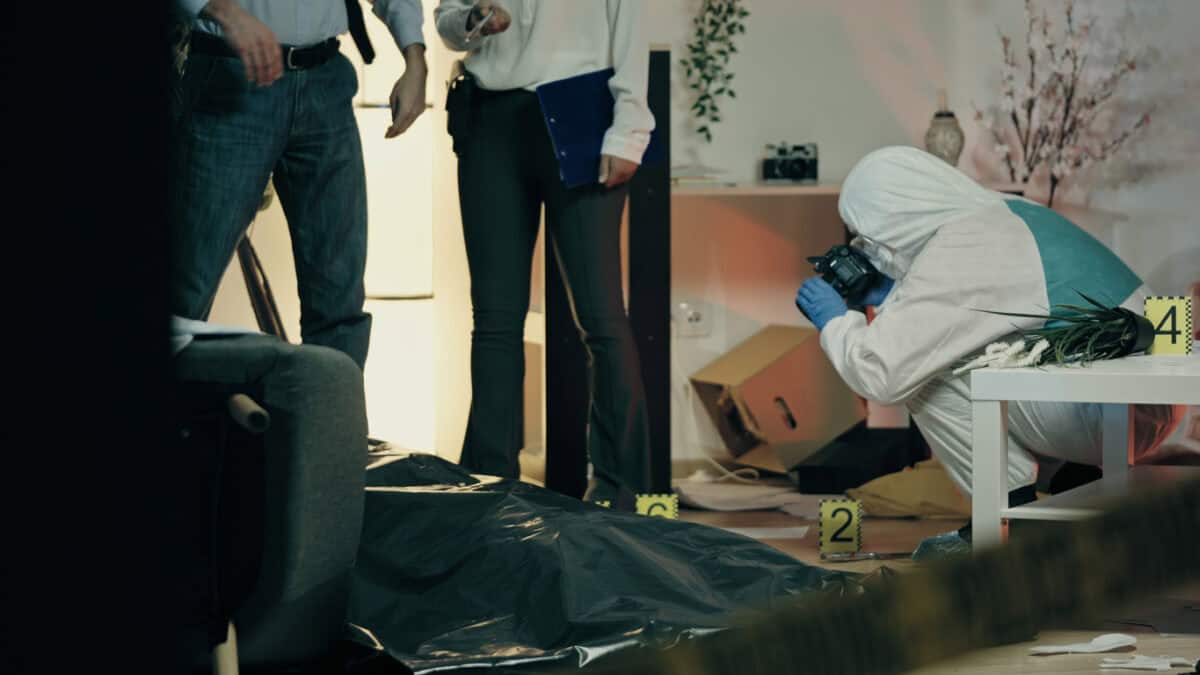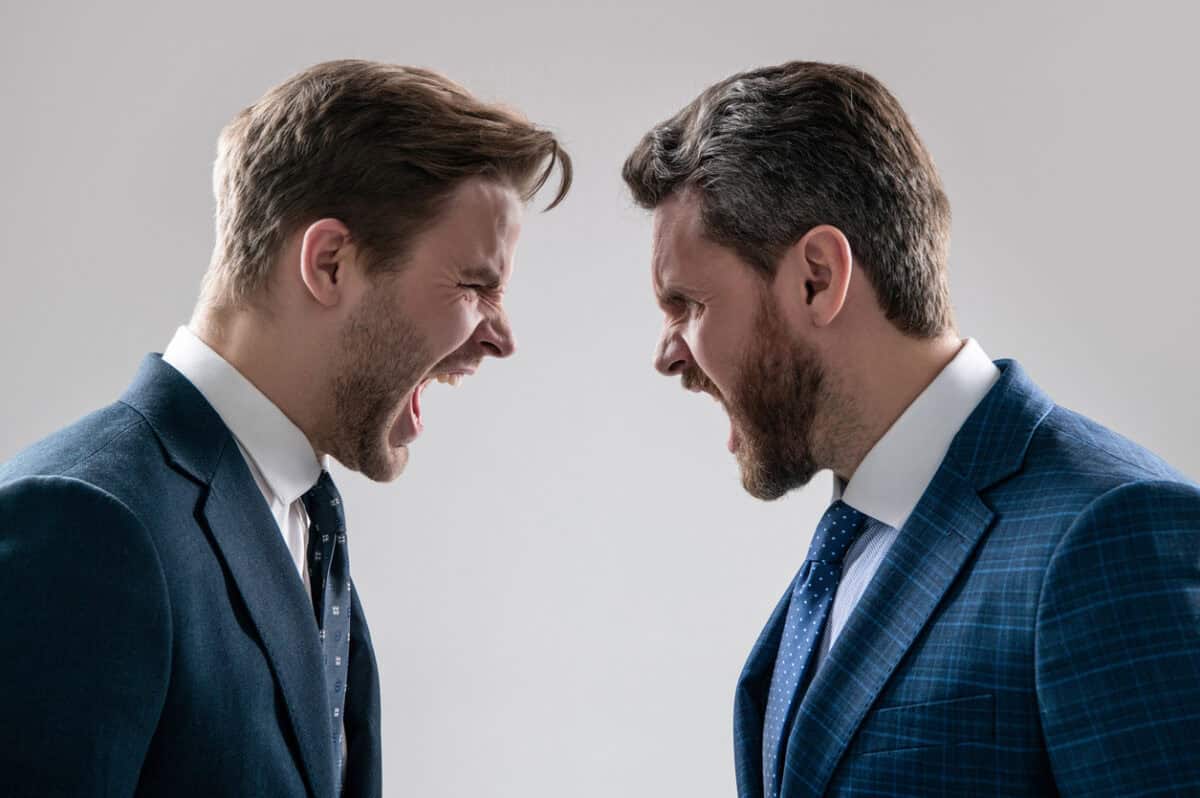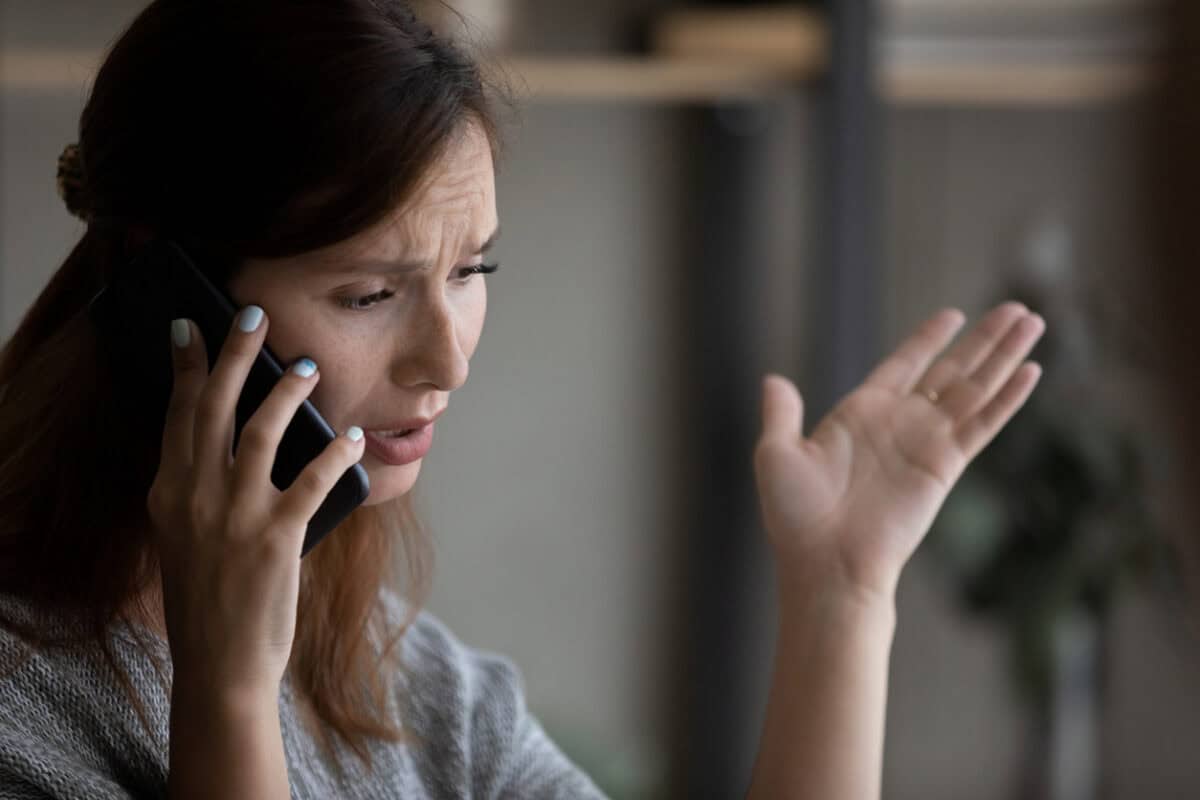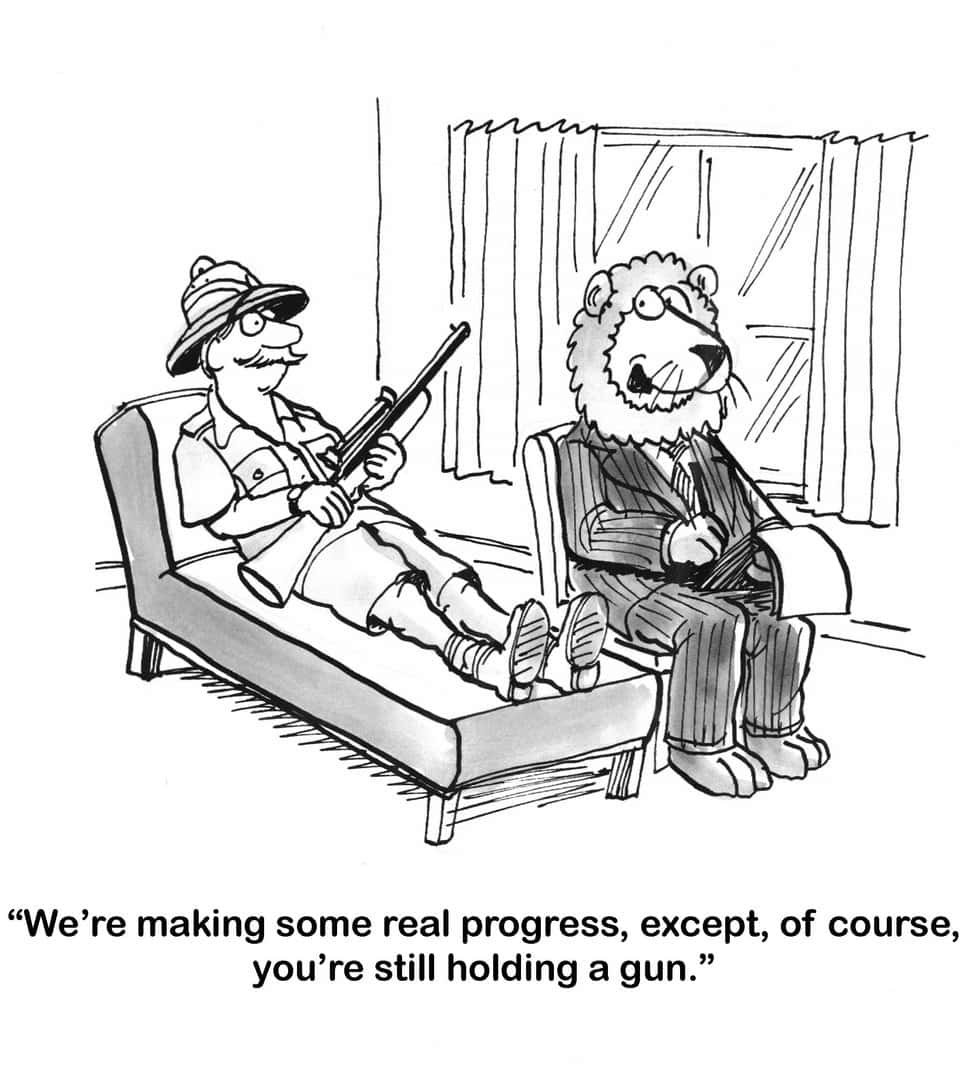Our understanding of stress continues to evolve even though it seems to be splintering into mental health. mental illness, psychosocial harm, mental well-being and more. Recently Orla T. Muldoon of the University of Limerick published “The Social Psychology of Trauma- Connecting the Personal and the Political”. I dipped into this book and found some information pertinent to the occupational health and safety (OHS) approach to post-traumatic stress.
Category: violence
Veterans, Suicide, Culture and Crompvoets
For many years, occupational health and safety (OHS) has been fixated on “Culture” as an encompassing term for what management activity does not work and what does. The focus has faded slightly since the COVID-19 pandemic. Still, Culture made an important reappearance this week with the delivery of the final report of Australia’s Royal Commission into Defence and Veteran Suicide. However, some of the most telling analyses of the safety culture in the Australian Defence Forces occurred in 2021 with the work of Samantha Crompvoets.
NOTE: this article discusses suicides
Useful psychosocial case study
Employers and health and safety professionals are desperate for case studies of companies that have successfully applied the recent occupational health and safety (OHS) emphasis on managing and preventing psychosocial hazards at work. Safe Work Australia has released a case study on this in the retail industry.
“Managing the risk of psychosocial hazards in retail” is a very good idealisation of the health and safety risk assessment process, but some items are missing.
“show me the bodies”
Significant changes in occupational health and safety result from one or more work-related fatalities. To my knowledge, this has not been labelled anyone’s “rule”, but it is a sad truism, and there are examples everywhere.
Episode One of the BBC’s excellent Grenfell podcast series references the phrase “show me the bodies” as having been said by a British bureaucrat requesting more evidence of the risks of external cladding on high-rise apartments. Such a thoughtless request implies that nothing needs to be done until there is evidence of a significant likelihood of death.
However, this article is not about Grenfell Tower (which will be coming soon) but about occupational health and safety (OHS) consultation and its failure.
Weaponising Industrial Manslaughter
Prosecution for Industrial Manslaughter in Australia’s occupational health and safety (OHS) is supposed to deter employers from neglecting the health and safety of their workers, but there is very little evidence of effective deterrence from this type of penalty, or improved safety and healthy working conditions. Industrial manslaughter seems to have more of a marketing and political impact. It allows governments to say they are doing something tough on OHS even though the changes have little deterrence and continue to be difficult to apply to the intended corporate targets.
The Queensland Parliament has provided a recent example of the political weaponisation of Industrial Manslaughter.
Addressing Psychosocial Hazards at Work: New Incident Notification Reforms
On the afternoon of Friday, August 1, 2024, Safe Work Australia (SWA) announced important changes to the incident notification obligations in Australia’s Model Work Health and Safety laws. These changes are particularly relevant to the issues of psychological harm in workplaces and work-related suicides. I asked SWA for some clarifications on the changes and the promised guidance.
Below are the questions that I submitted to Safe Work Australia and CEO Marie Boland‘s responses.
Warning: this article discusses suicide
Gun control, primary prevention and OHS
Our experience with a global pandemic has blurred the lines between what is public health and what is occupational health. In that context, it’s worth considering the public health strategies and interventions. There are three levels of interventions: primary, secondary, and tertiary. Recently, on NPR’s All Things Considered, a public health specialist in the United States, Dr. Cedric Dark, discussed public health proposed strategies in relation to gun control in light of a recent report by the US Surgeon General.


